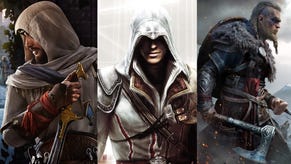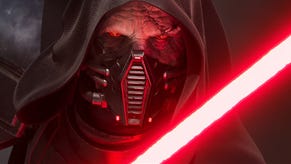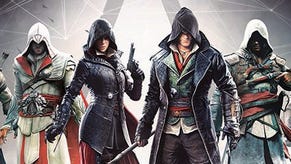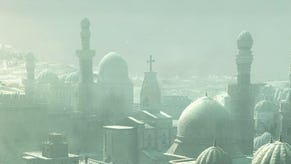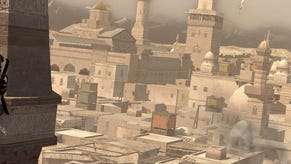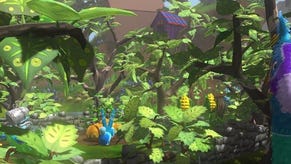Assassin's Creed: Brotherhood
Multiplayer tested, Ubisoft interviewed.
Very much so. Just the fact that it's the continuing story of Ezio, right? This is something that, through you guys, we need to communicate to the core fan base.
It's not a mission pack. It's not a 2.5. It's set in Rome, which is three times the size of Florence, which in of itself technologically is a challenge to do, just memory-wise. You have this enormous playground to play with. And you have these new features, these new elements that bring a new twist and a new angle to Ezio's story.
It's about Ezio teaching others how to become assassins. You do that by the actions you take. There are a lot of core features we worked on. We brought a lot of new, deep and vast features - the old Rome upgrade system, the economic system - the Brotherhood is a game in of itself.
Plus we're bringing everything people loved about Assassin's Creed II. We took each feature and said, "How can we make that feature better, or give it a bit of spice, a bit of Tabasco, or a bit of baby oil so it flows a bit better?" We will be extremely successful in convincing fans once they have the controller in their hands. Then the question is going to be, "How did they do it in a year?" That's going to be the question that's fun to answer later on.
There are a couple of reasons for it. First of all we have extremely stable tools. We've been building Anvil [the game engine] for six, seven years now. It's extremely stable. We have loads of tools that work super, super well.
Traditionally in a game development cycle we have conception, then we have pre-production to prove our concept. Once pre-production has been approved we go into production, and that's when we ramp up the number of resources.
As you've probably read everywhere, Assassin's Creed II had hundreds and hundreds of resources all over the world. At the peak of when you're about to ship is basically when you have the most people. Then you ramp down a bit. You don't need any more character modellers because you have all of them already. Things like that you need at the very beginning. You ramp down maybe 10 per cent of your staff.
But then when you start submitting you ramp down a lot. We didn't do that. We just stayed right up there and kept our production velocity, starting right away.
We already knew we wanted to do Rome. So the graphics team stayed the graphics team - bang, start building Rome really quickly. We know all our technical and design guidelines. How to build a city so Ezio can do some free-running? The AI guys - how you can improve on NPC AI? How can we improve on the horse? How can we improve on the fights? We started working on that right away.
Then the storyline. We already knew it was Ezio's story, and Patrice Désilets already knew what the story was. So it was quick for us to do a story blueprint. Maybe two weeks after the release of Assassin's Creed II we already had the story down, and we probably started writing a few pages of script. Casting was already underway.
The operative word here is velocity. And we still have people helping us. Our Singapore office is still working with us. The studio in Quebec City is helping us. It's a question of keeping going and making a full game in a year.

